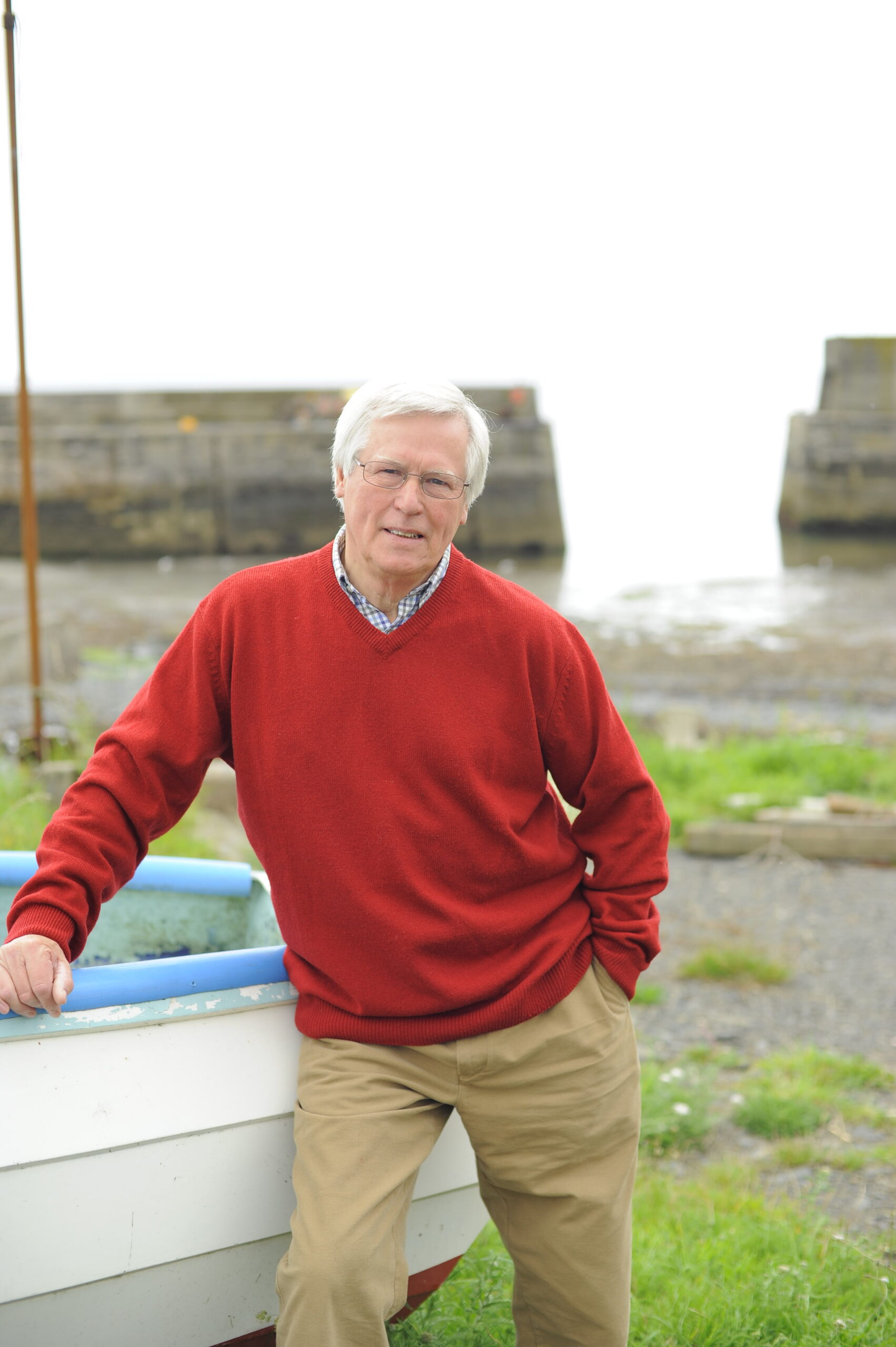According to official figures, 16% of the UK population is from ethnic minority backgrounds, so what is it about rural Britain that puts many of them off? Do they find it unwelcoming? Researchers are trying to discover the truth about the missing faces in our rural spaces.
How bad is racism in the countryside?
Recently, Richard Benwell, CEO of Wildlife and Countryside Link, a coalition of 82 nature groups including the National Trust and the RSPCA, said “there are many accounts showing that some people of colour continue to experience racist comments and abuse when visiting nature. This is well evidenced, including in reports from Government and from public bodies.”
Both were subjected to racist taunts, spat on in one instance and weapons with intent to harm produced in another – very stark incidents of racial and engendered hostility.
But is racism any worse in rural areas than in our towns and cities? Now a research team from Leicester University aims to find out the true extent of rural racism through a two-year survey. Researchers will question people from all races who live or spend time in rural spaces about their experiences.
Some of the results so far are disturbing. Researcher Dr Viji Kuppan tells me about two women who live in rural areas, one brown and one black. “Both were subjected to racist taunts, spat on in one instance and weapons with intent to harm produced in another – very stark incidents of racial and engendered hostility.”
Dr Kuppan adds: “There are also subtler moments of ‘unconscious racism’ in the countryside that aren’t wilful but are still difficult to be on the receiving end of. On a field trip to a National Trust property with a white colleague, it was striking how many of the white people we encountered would acknowledge her but not me.”
Dr Kuppan points out that a sense of belonging in the countryside is crucial. “People of colour have a connection to rurality,” he says, explaining that one refugee told him that the hills of the Peak District reminded him of his home landscape of Afghanistan.
It’s something Dr Kuppan feels himself. “My connection to the natural world and wild places of England is of vital importance to my health and wellbeing,” he says.
Of course, many white voices would insist there is no racial prejudice in the green acres – that, at worst, there might be curiosity about someone from a different ethnic background. Dr Kuppan points out that racism can be communicated in mundane ways – through stares, avoidance, silence, laughter, gestures, or mutterings when people of colour appear in rural places.
“How do you think white people would feel about moving to the countryside if it was made up of 97% people of colour?” he asks. “Wouldn’t it be understandable for white people to feel anxious?”
But there can be conviviality as well as conflict. While walking stages of the Pennine Way, Dr Kuppan came across “many moments of generosity, humour and warmth from local people”.
Recent moves to make minorities feel more at home include waterproof prayer mats for Muslim hikers, signs pointing towards Mecca on a Derbyshire trail and an outdoor activity centre where instructors speak Urdu and Pashtu and Halal food is on the menu.
Some minority country-lovers have set up groups, such as Brown Girls Climb, the Black Cycling Network, Muslim Hikers and Bristol’s Steppin’ Sistas. The project acknowledges that rural communities face problems, with cuts to public services such as health, schools and transport.

“The irony is that these rural areas could be revitalised if more people of colour could be encouraged to visit, work and live there,” says Dr Kuppan.
When the results of the survey are revealed, my hope is they will help to lead towards a countryside where everyone, no matter what their colour or background, feels they belong.

